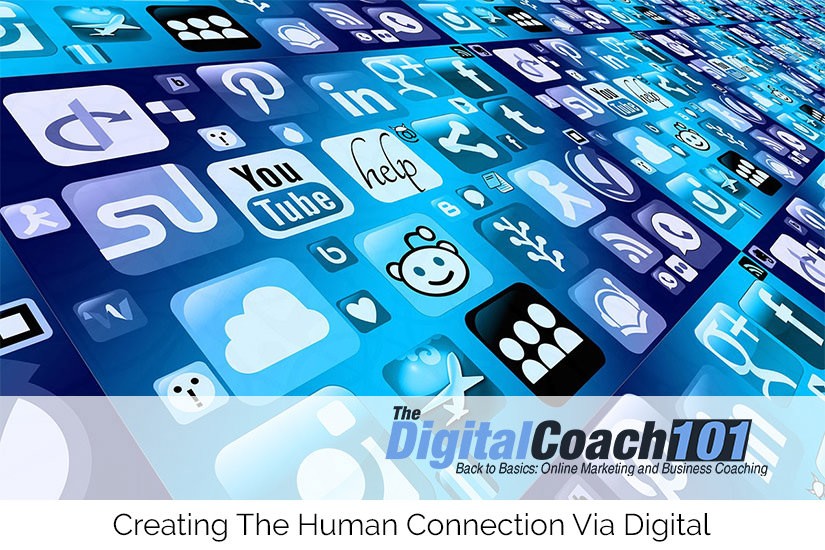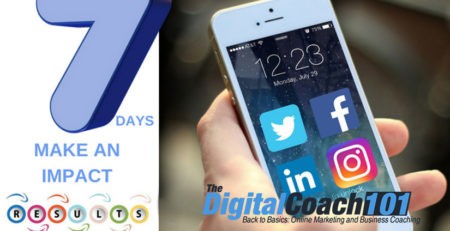Social Media Influence: It’s Undeniable Effect in Kenya
The August 2017 presidential election in Kenya was different to any previously held in that country. There were still two candidates, and there was still tireless campaigning. But there was one thing that separated this election from any other held so far. And which will undoubtedly shape the way all future election campaigns are run.
Social media.
The 2017 Kenyan elections were where social media influence in this country truly came of age. Millions of dollars were spent convincing millions of voters where to place their faith in the future, making it the most expensive election in the country’s history, according to a report from news agency Aljazeera. With over half the country’s registered voters aged between 18 and 35, it’s not surprising that social media accounted for the lion’s share of campaign funds.
As well as electing their president, Kenyans also voted for senators, governors and members of parliament – all of whom employed digital marketing teams whose sole purpose was to leverage the most popular social media platforms. Videos, photos and live commentary feeds were uploaded around the clock, and candidates used Facebook Live to answer questions from potential supporters who weren’t at their live rallies.
In an increasingly youthful and tech-obsessed country, candidates who did not fully embrace the possibilities inherent in social media were soon woefully out of touch – and out of office.
Social Media Winners
Yet, the nature of social media is such that even losers are sometimes still winners. Boniface Mwangi may have lost the parliamentary seat of Starehe in Nairobi but, by cleverly using the power of social media to engage with and galvanise youthful voters, he raised thousands of Dollars in campaign funds and gained huge numbers of new supporters.
Mwangi was a first-time candidate who wasn’t backed by a major party. Yet he managed to organise and inspire thousands of young people to not only vote for him but to also get involved with his campaigning and fundraising. Communications specialists in Kenya are crediting Mwangi with having broken new ground for politicians on how to connect with an electorate that is increasingly digitally savvy. His example will undoubtedly be used as a case study – especially by newcomers and young independents – for future elections.
If social media can do this for presidential and parliamentary candidates, imagine what it can do for your business.
Social Media Influence Is All In The Numbers
Kenya’s Communication Authority states that Kenya now has over 90% mobile penetration, with 39.7 million mobile subscriptions at the end of June 2016 – an increase of 1.4 million on the previous quarter! Google’s Consumer Barometer cites social media as being the most popular activity by Kenyan smartphone users, with a 58% percent dominance. This is followed by search engine queries (39%), email (30%) and video (25%).
A report in Techweez on the State of the Internet in Kenya highlighted that the number of Facebook users in that country increased by 1.8 million between 2015 and 2016 to approximately 6.1 million people. This accounts for 77.84% of total social media activity. No other platform comes close, although Twitter did increase its followers by 700 000 over the same period. There are now 2.2 million Twitter subscribers in Kenya, with about one million daily users. Pinterest, You Tube, Instagram and Reddit make up the balance.
This explosive increase in social media usage has also caused an upsurge in the numbers of online bloggers, with business blogs enjoying a 46% growth in popularity at the end of 2016.
A recent report on LinkedIn stated that Kenya is also widely considered to be a global leader when it comes to mobile money (an electronic wallet service to store, send and receive money using your mobile phone). The Communications Authority released figures indicating that between April and June 2016, a staggering 227.3 million mobile commerce transactions were made, translating to Kes. 404.1 billion.
It’s Time To Face(book) Facts
Whether or not you’re a numbers person, there is simply no getting away from the significance of the figures we’ve just shared with you. With close to 80% of the Kenyan social media activity share, Facebook is a prime platform on which to market your products or services.
Facebook founder and CEO Mark Zuckerberg visited Kenya in September 2016 – his first ever visit to Sub-Saharan Africa. Thus validating the meteoric growth of the medium in that country.
Facebook is a competitive environment. If you want your business to stand out, it’s important to have a well-defined strategy. It’s no good making random posts just so your page is updated regularly. You have to have definitive goals. You know exactly whom you want to target, and how much you want to spend. And, of course, what you want to say.
Here’s How To Start
Before creating a business Facebook page, ask yourself these questions:
- What are you hoping to achieve? Increase brand awareness, boost online sales or attract fans?
- Who is responsible for your page? Who responds to questions, creates posts and monitors activity?
- How much can you afford to spend boosting your posts and creating targeted Facebook ads?
Once your strategy is in place, it’s important to post good content – and post it regularly! Every day is ideal, but it should be at least three times a week. Make sure it adds value for your followers and is interesting for them to read. It’s a good tactic to mix up your content so that some posts either refer directly your product or service. Others can contain news about your company, and some on industry-related topics.
You can also use posts to address areas of concern. If a customer has a complaint, chances are they’ll waste no time jumping on your Facebook page and telling everyone about it. It’s vital to respond to these customers as soon as possible, offering real, worthwhile solutions to their problems. Never leave customers – especially unhappy ones – in a vacuum!
Images are a great way to make your Facebook posts more interesting and attractive. Visual content attracts people first. So make sure you use quality images in as many of your posts as possible.
And remember, while organic growth is great, you’ll see faster, better results if you supplement your page posts with ads. Facebook ads are highly targeted, allowing you to reach people of specific ages and gender, within a localised geographic region. You can start with a modest budget and then increase it later on.
Other Social Media Options
Although Facebook is by far and away the most popular social media platform in Kenya, it’s important to also leverage other media to ensure you reach as many people as possible.
An article in Africa Focus references a piece in The Economist which mentioned that Twitter’s co-founder, Evan Williams, sent the first ever Tweet in 2007 from the lounge of the Mount Kenya Safari Club. So the country clearly has an important history with this particular social media platform! And you can’t ignore one million daily Twitterers!
Even an essentially person-to-person communication medium such as Whatsapp can influence what happens on other social media platforms. Whatsapp has 10 million users in Kenya and has become a significant driver of online conversations, with content shared between its users often finding its way onto Facebook and Twitter.
Don’t forget Instagram and LinkedIn with three million and one and a half million users respectively.
Benefits of Social Media Marketing
It doesn’t matter what industry you’re in. A significant number of your customers uses some form of social media every day. If you’re not leveraging the power of these platforms, you’re missing out big time. And your business will suffer as a result. Some of the key benefits of social media include:
Increased Brand Awareness: There are literally millions of active users on social media every day. No matter how awesome your business is, many of them won’t have heard of you! Social media exposes you to whole new audiences who may never otherwise know you exist.
Inspire Brand Loyalty: If people like and trust you, they are more likely to choose you over your competition. Even if you aren’t quite as new or as cheap. Brand loyalty, or brand preference, doesn’t happen overnight, but it definitely happens more quickly when you use social media to interact regularly with your audience.
Make Your Brand Human: People love knowing there are actual people behind the product. People who care about their customers as human beings and not just as walking wallets. Consumers today care as much about from whom they’re buying as what they’re buying. Social media is the perfect platform for humanising your brand and injecting personality into your business.
Become A Trusted Authority: There is simply no better way to establish your brand as an authority in your industry than by sharing credible information on your social media platforms. By posting regular content that is interesting, helpful (and, of course, free!) you can quickly become a go-to authority in your industry.
For more great advice on making social media work for your business in Kenya, or for any other digital marketing assistance, chat to Digital Coach. You’ll find we’re very social!













